Manufacturing of Nasal vaccine against coronavirus possible in Nepal: Dr Singh

KATHMANDU, May 21: The entire South Asia is currently battling with raging second COVID-19 wave. India, the largest country in the region and the second most populous country in the world, is counting the daily infections six digits. Here in Nepal, the total infections have so far reached around 120,000 since the outbreak of second wave.
According to the Ministry of Health and Population, the country recorded 488,654 positive cases of coronavirus and 366,946 have been recovered till Thursday.
The number of people succumbing to the virus is 5,847.
Health experts believe that the second wave’s virus variant is highly contagious than the one in the first wave. The government has implemented a prohibitory order for more than three weeks to break the chain of the virus transmission.
So far, three types of COVID-19 variants are detected in the country and the latest (third) variant B.1.617.2 is said to be highly aggressive. Amidst this, the government had brought one million doses of the Covishield vaccine and 800 doses of Vero Cell from India and China respectively. The vaccines were provided by the neighbours on grants.
Though the government has further signed an agreement with India to procure two millions doses of Covishield manufactured by the Serum Institute of India, it could get only one million doses and the arrival of remaining quantity is unlikely for the time being when India itself is suffering the devastating effect of the pandemic.
The government has appealed to international support and cooperation for help in its fight against the virus. It has called on chiefs and representatives of diplomatic missions here to facilitate for getting the vaccines. On Thursday, Prime Minister KP Sharma Oli urged the UK ambassador for help obtain the vaccine.
To date, only 2.13 million people have received the first shot of anti COVID-19 vaccines while 426,510 are totally vaccinated or got the booster dose.
The Serum Institute of India has said it is not able to supply vaccines to Nepal before the mid-January of next year. This is the Institute’s response to Bangladesh as well.
The government is preparing to bring vaccines from China and people have been asked to fill up the online form so that it could reach to the aspiring population easily after the arrival of the vaccines.
Infections and death rate are high in the country. Hospital beds are not easily available during emergency while hospitals are grappling with the short supply of oxygen gas and amidst this crisis, there lies a possibility for an alternative to curb the infection, claims Dr Samartha Singh.
He told RSS that nasal vaccine to control corona virus could be produced in the country if the government granted permit for the same.
Singh added, “Different vaccine manufacturers in the world have taken the study and research regarding nasal vaccine far ahead. Vaccine of some companies is in the process of trial. Nasal vaccine can be produced in the country within next six months if the government grants permit.”
Dr Singh opined that the countries like Nepal having low economic status could not purchase vaccine paying high price as fresh wave of corona virus is spreading and its new variants could still be seen for next few years. So it was necessary to manufacture nasal vaccine in low cost. The vaccine has the elements to destroy the virus at the occurring point as corona virus is transmitted from nose and mouth.
Drug Controller of India has given permission to Bharat Biotech to produce nasal vaccine. Similarly, Hong Kong University and Wantai Bio Pharmacy of Beijing have been working in the sector of nasal spray. These universities have been carrying out second-phase trial.
Likewise, Finland’s University of Helsinki and University of Finland have been doing pre-clinical trial. University of Virginia has also started pre-clinical trial. Israel and New Zealand have already granted permission to Sanotize, nasal spray, for domestic use.
Dr Samarth Singh said that nasal vaccine could be manufactured in the country and its patent right could be obtained.
Antigen of corona virus could be purchased and vaccine could be used through nasal spray, he shared. It has been found from research that this type of vaccine would work up to three to four weeks.
Also the Head of the Department of Neurology at Vayodha Hospital, Kathmandu, Dr Singh has already submitted his proposal at the National Health Research Council and the Ministry of Health and Population in this regard.
He said that they were hopeful the government would accept this proposal. “This is a big expectation and wish of Nepal like countries,” he added. According to him, the corona virus cannot enter the human body due to IGA Neutralized and this would be effective to children and elderly people as well.
Dr Singh shared that such vaccine production was practical to Nepal as it needs fixed temperature available in Nepal. He added that they could start vaccine production process if permission was granted to them for the purpose.
According to Indian media, the vaccine produced by Biotech Company of India is in a first phase trial and it is being used as trial for the people aged from 18 to 60 there.
It is being trialed in various hospitals in India. These hospitals are AIMS Patna, Apollo Hospital Chennai, St. Theresa Hospital Hyderabad.
The trial report would be received by November 30. According to experts, Nasal COVID Vaccines don’t require any kind of syringes. Dr Singh believes that such vaccines would be effective and affordable to the developing and under- developed countries.
Researchers Dr Munir of Lancaster University, Dr Samartha Singh and Dr Bill Peltry of Virginia University claim that such vaccines would be cheaper to other kinds of vaccines and effective to poorer countries. Dr Bill shared that though it was tough job of doing research of it, it was nearer to success.
Hong Kong University is also doing research in this area and it was being trialed on 7,000 patients. The Serum Institute of India is also carrying out trial of this kind of vaccine in India.
The Coronavirus enters the body especially through the nose, mouth and eyes. According to doctors, this virus remains in the mouth and throat for few days. The nasal vaccine kills the virus' colony in the nasal passage and in the mouth. So, the virus can't enter the lungs.
The Oxford University of UK is also involved in its research. The Government of China started the trial of this vaccine last November alone and has already mobilised 100 volunteers for this.
Most of the vaccines currently in use have employed the dead cells of the Coronavirus itself. This vaccine cannot be administered to people of every age group. Moreover, it has to be stored in a certain temperature.
But the nasal vaccine is free of these and similar demerits.
Even the World Health Organization (WHO) has granted permission for trial and eight various companies and universities around the world are conducting research on this. It is believed the results of these researches will be available soon.
In Dr Samartha Singh's opinion works can be immediately started in Nepal for development of the nasal vaccine by bringing this technology under trial in Europe provided that the country's regulatory agency gave the permission.


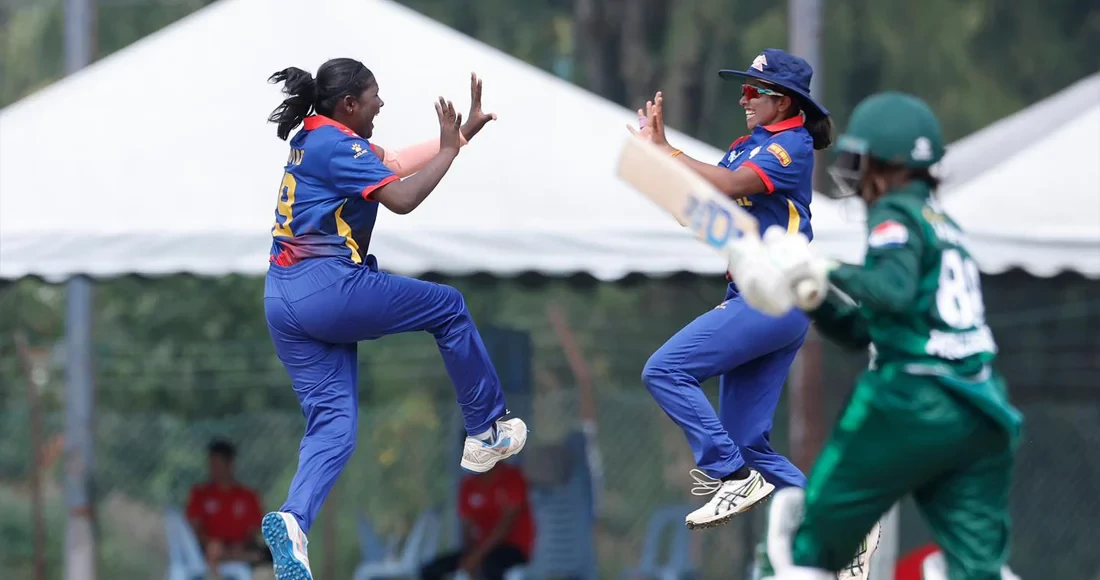
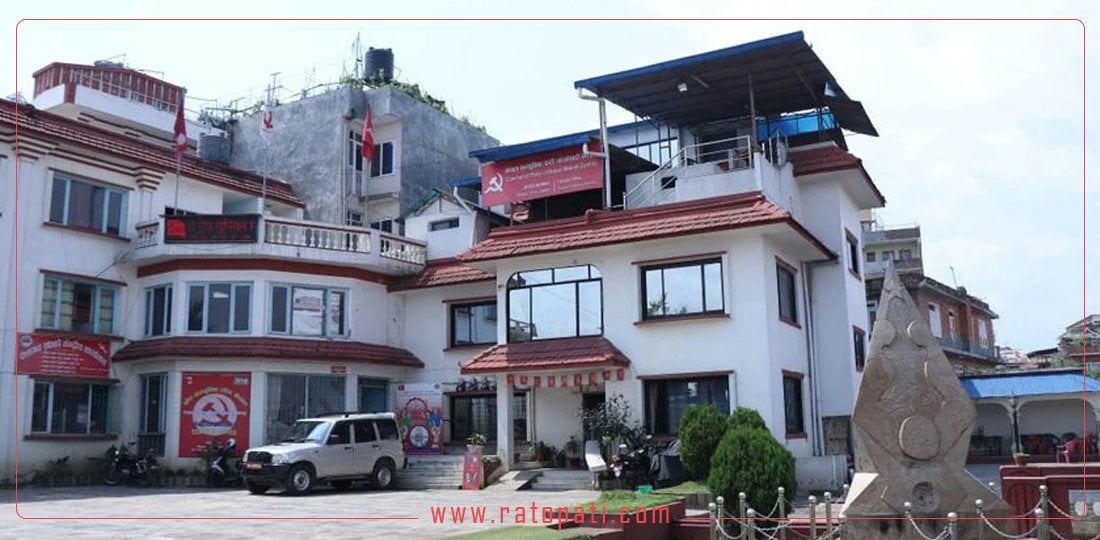
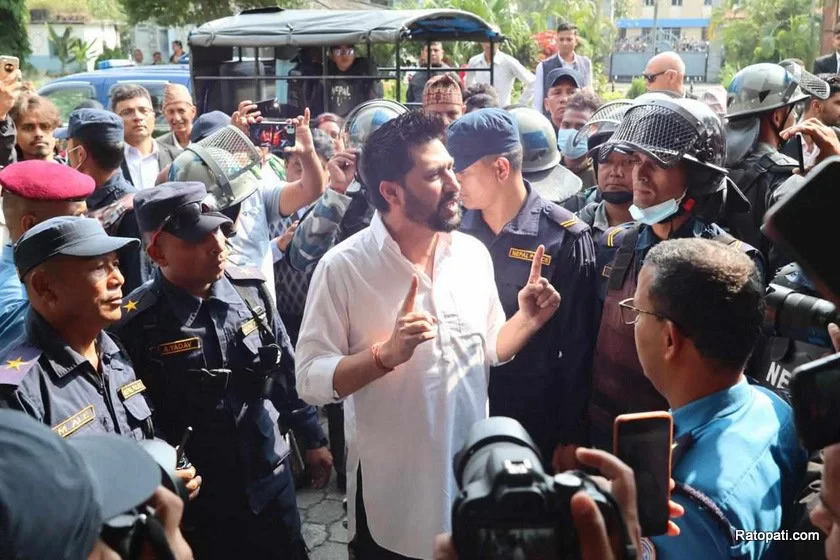
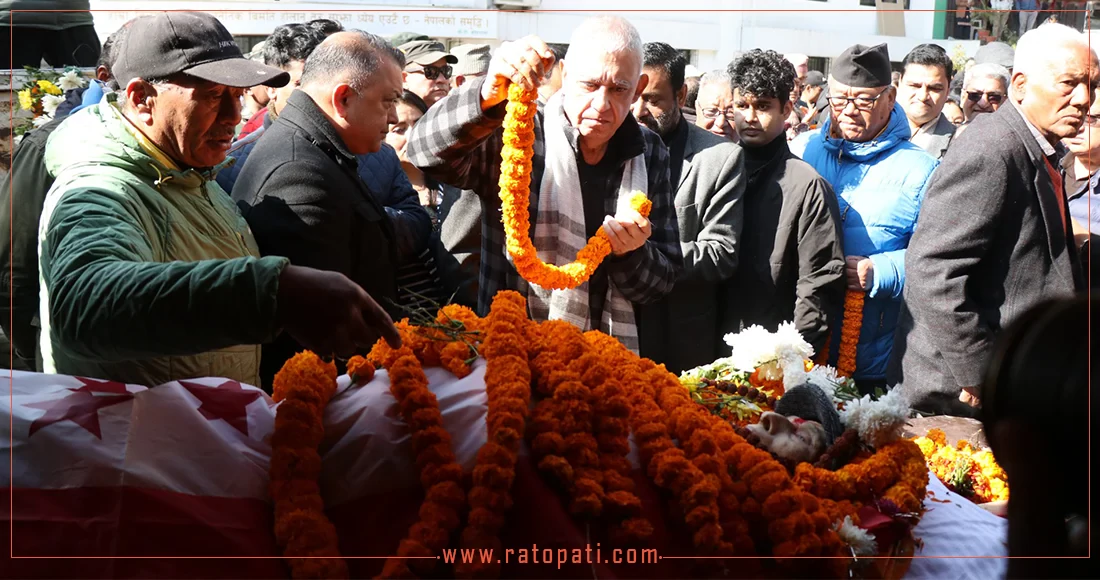
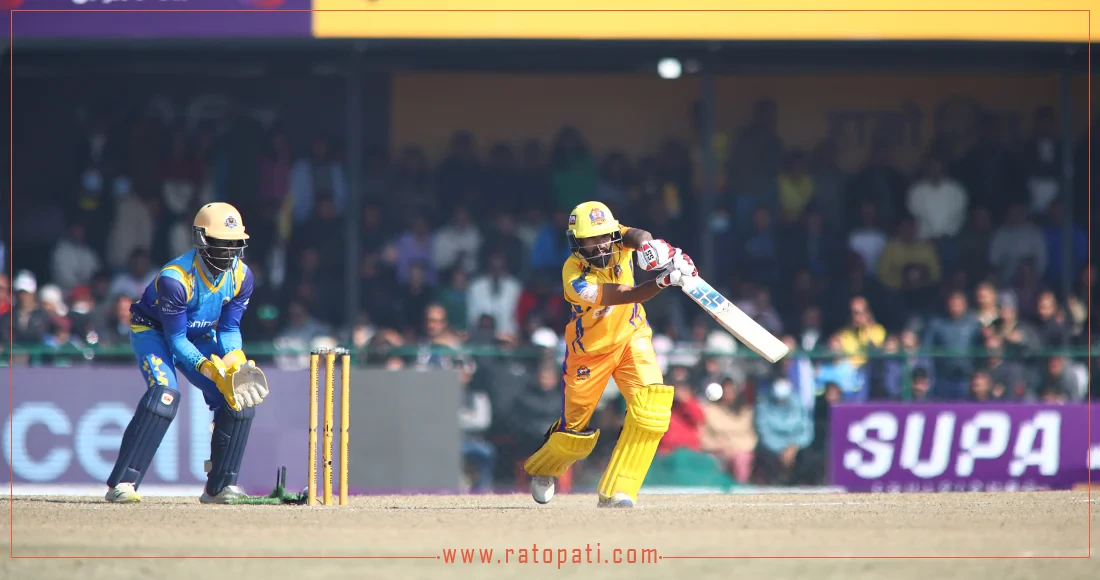
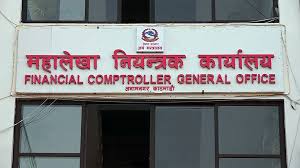
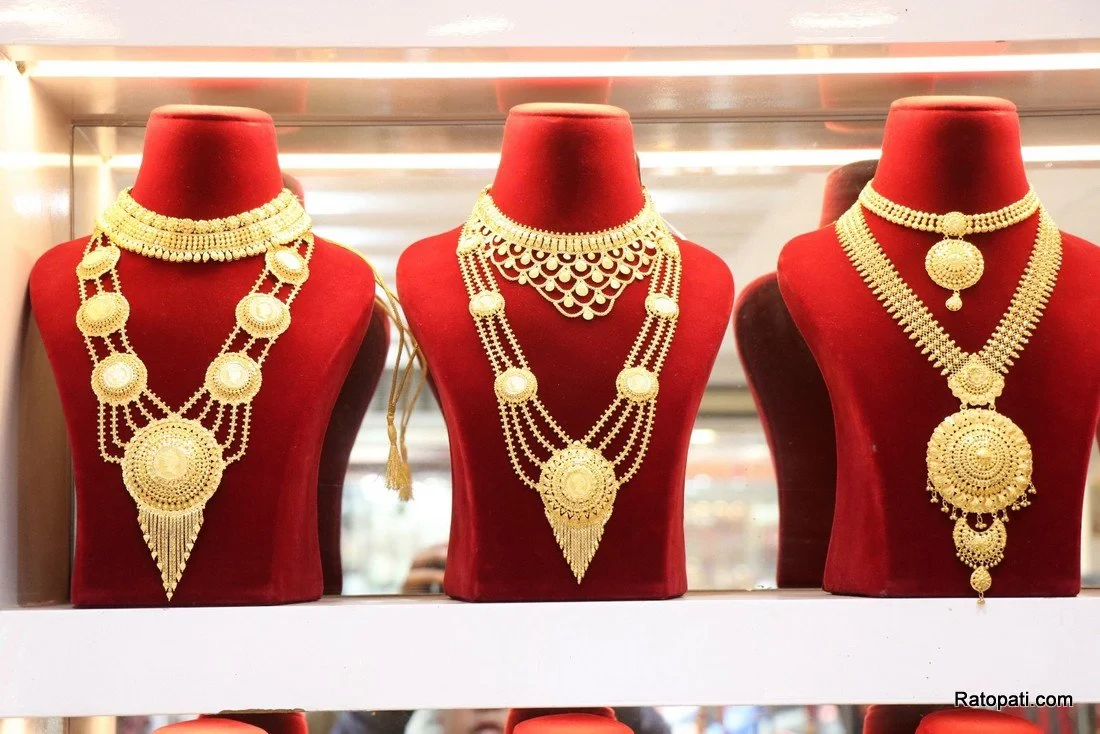
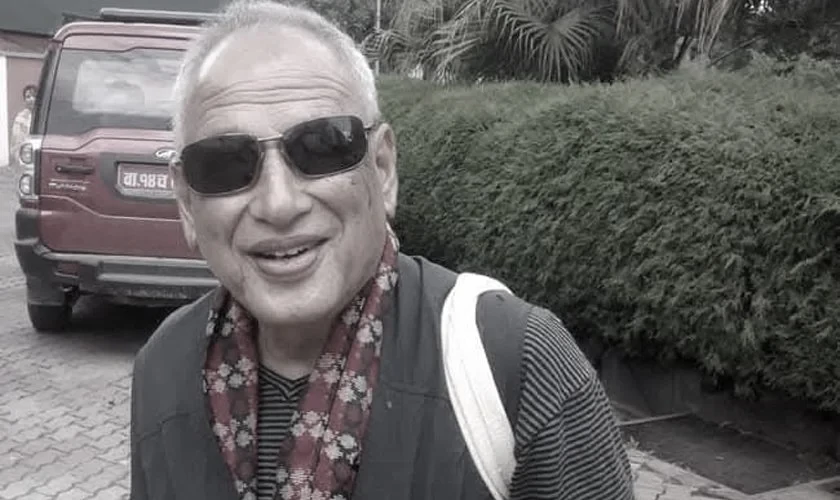
Leave Comment